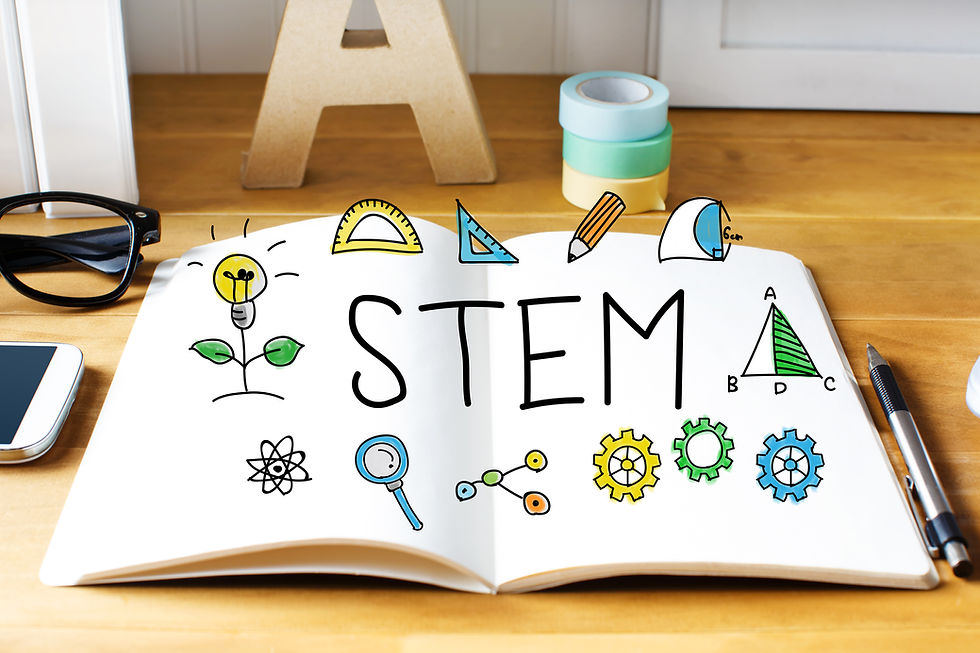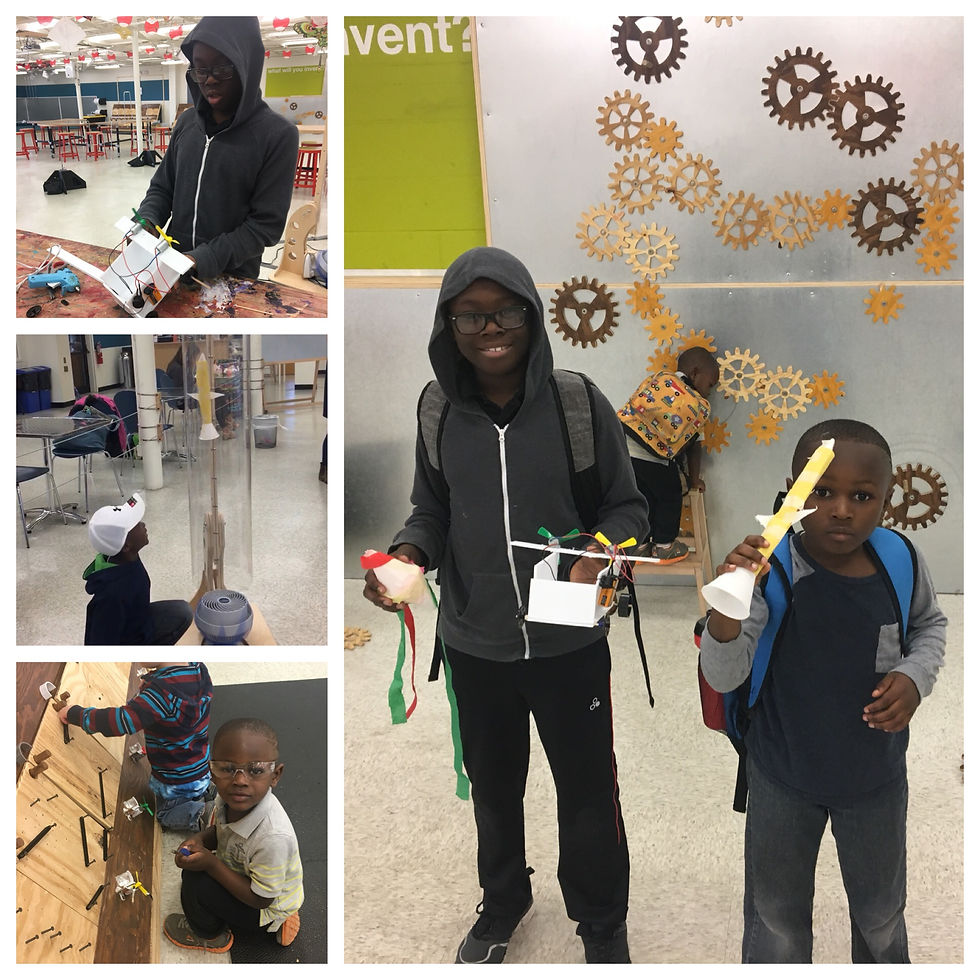Homeschooling...now WHAT?
- 'Demi Fauziyyah
- Nov 12, 2017
- 2 min read
I previously shared how we landed in the midst of families who choose to homeschool (see Our Homeschool Chronicles). Once we found ourselves there, I was filled with thoughts of "now what?" This was further reinforce by a late summer meeting of first-time homeschoolers sponsored by our county Home Schooling Office. The county officials encouraged us, the new homeschooling families, to find a focus for our brand new commitment. We were urged to ask ourselves why we chose to homeschool, and, most importantly...to me anyway...what exactly will your homeschool be about?
After much consideration, it was obvious that our love of STEM would beam at every seam of our homeschooling experience. It was a no brainer...
STEM is what our homeschool venture is all about!

STEM education has been described as a curriculum based on educating students in four specific disciplines — science, technology, engineering and mathematics — in an interdisciplinary and applied manner. The beauty of STEM is that rather than teach the four disciplines as discrete subjects, STEM is integrated into a "cohesive learning paradigm based on real-world applications" (Hom, 2014).
Various organizations fund STEM-based workshops - both in-school and out-of-school - to 1) introduce adults to the concept; and 2) engage kids in the fun of learning science, technology, engineering and mathematics. The overarching goal being to develop innovators, researchers, and leaders in STEM fields from an early age. We make use of these opportunities by signing up for newsletters from our local library, the Kid Museum, NASA, and yes, even the NSA is onboard the STEM train. I'd like to think of it as preparing our kids for the 21st century in light of the Department of Education's assertion that "(a)ll young people should be prepared to think deeply and to think well so that they have the chance to become the innovators, educators, researchers, and leaders who can solve the most pressing challenges facing our nation and our world, both today and tomorrow" (U.S. Dept. of Education, n.d.).

I am most certain that gaining an early STEM education will turn out to be a life-long learning experience for our kids. These core areas of study (i.e., science, technology, engineering and mathematics) are an introduction to jobs and careers of the future. According to Congressional Research Services, STEM has implications for workforce development, national security concerns and immigration policy. As we commence our search for higher education, it is encouraging to see the things that my almae matres: University of Maryland Baltimore County and Emory University, are doing along these lines with their STEM Build and STEM Research & Career Symposium programs, respectively. Our kids may be young (ranging from 3 to 10 years), but we certainly have our eyes set on an epic STEM future for them.
References:
Congressional Research Service. (n.d.). Science, Technology, Engineering, and Mathematics (STEM) Education: A Primer. Retrieved from https://fas.org/sgp/crs/misc/R42642.pdf
Hom, E. J. (2014, February 11). What is STEM Education? Retrieved from https://www.livescience.com/43296-what-is-stem-education.html
U.S. Department of Education. (n.d.). Science, Technology, Engineering and Math: Education for Global Leadership | U.S. Department of Education. Retrieved from https://www.ed.gov/stem





























Comments